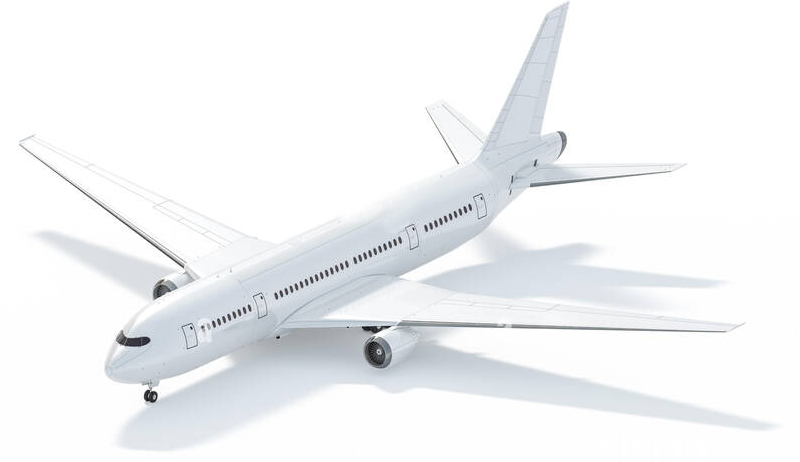Crotia Work Visa
Crotia Work Visa
Basic requirements for Croatia work visas
With different requirements for the different types of Croatia work visas, it can be difficult to understand what is needed for applications. For example, the EU Blue Card has its own set of requirements. However, there are some general requirements that most applicants for any work visa will need, including:

Different types of work visas for Croatia
As a member of the European Union (EU) and European Economic Area (EEA), non-EU/EEA Croatia requires foreign workers from outside the EU/EEA to have a work permit as well as a residence permit to undertake legal employment and live in the country. Most documents are valid for one year and can be renewed for longer stays.
Another option is the EU Blue Card, which is valid for two years and gives the option to work freely. However, it is only for highly qualified applicants so may not be suitable for many.
Finally, there is another document called a work registration certificate. This is valid for specific types of workers, such as journalists and those working for recognized religious purposes.
EU/EEA nationals do not need any special documentation to enter, stay, and work in Croatia.
How to get work visas for Croatia
The exact process of applying for Croatia work visas and permits varies from country to country and the type of document being applied for.
The simplest option is for the applicant to contact their local Croatian embassy or consulate. If already in the country, the applicant can alternatively go to their local police station.
For the application itself, the applicant will need to submit all requested documents for their work permits and residence permit applications, fill in the application forms, and pay any relevant fees. Once approved, the permits will be generally be issued within three weeks.

